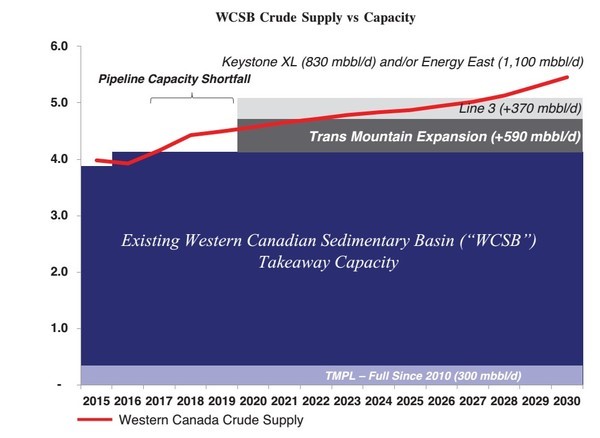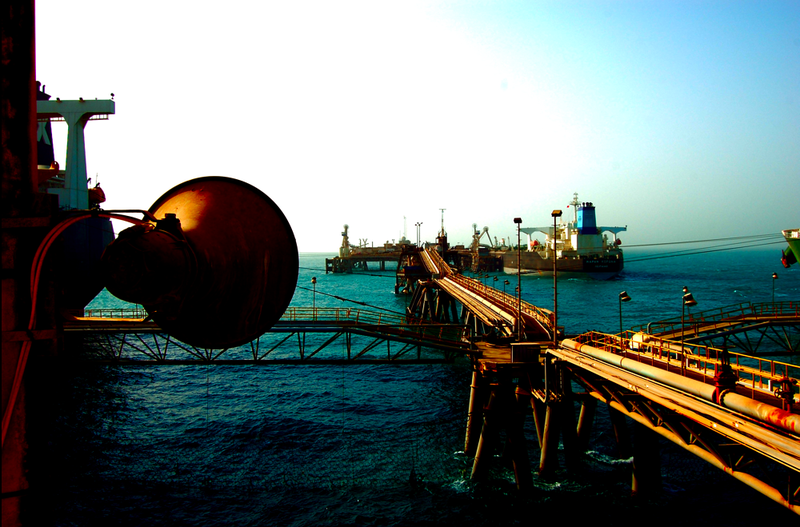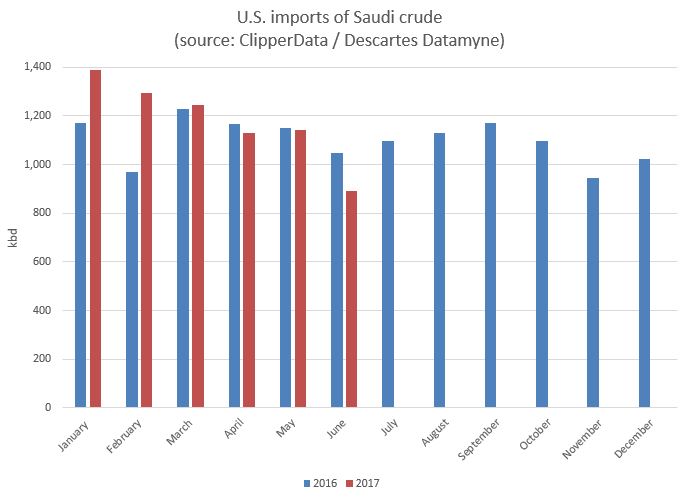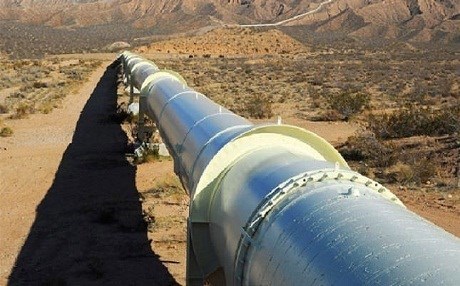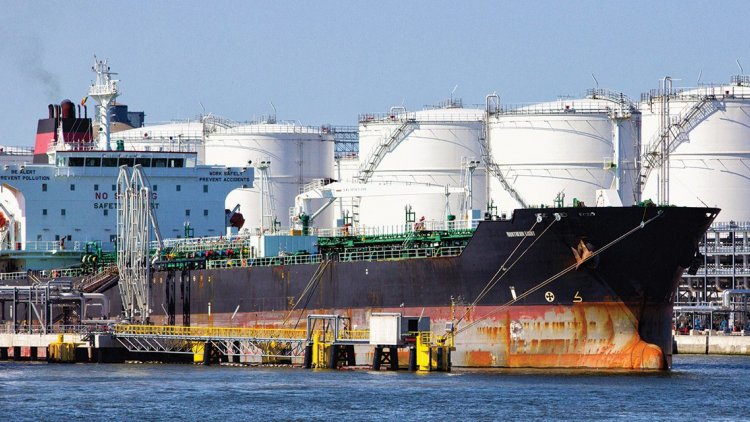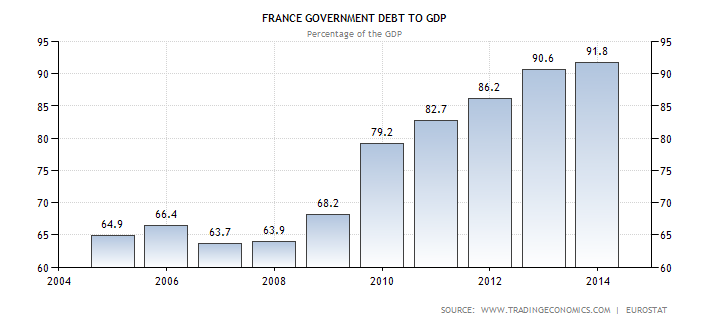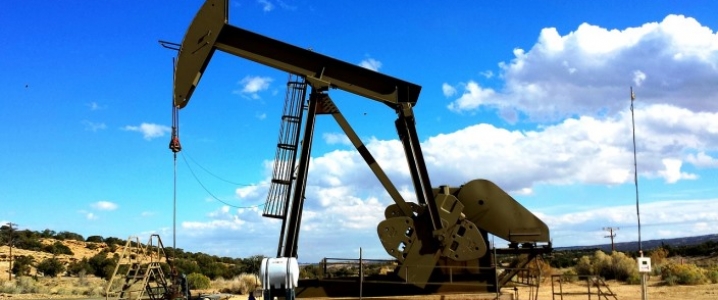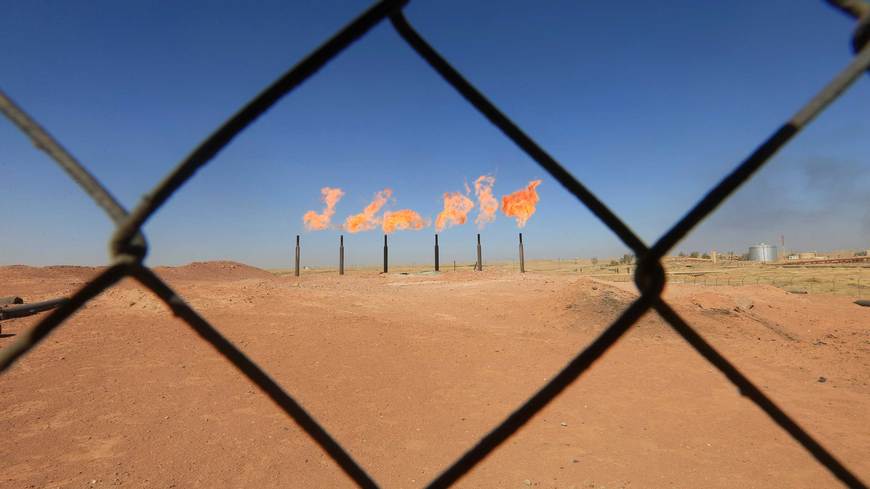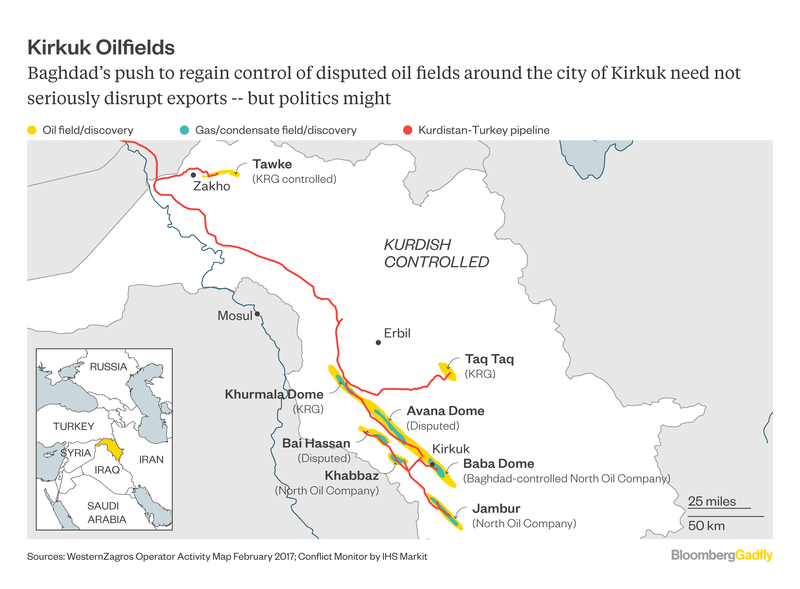Iraq’s Ministry of Oil has invited local and international companies to participate in the execution of the oil export pipeline extension, which extends from the Kirkuk oilfield to the Iraqi-Turkish border, and will run side-by-side with the old strategic pipeline to the Turkish port of Ceyhan (pictured).
Mr. Assim Jihad, the spokesman of the Ministry of Oil, said that the pipeline will run for over 350 kilometers, and will be 48 inches in diameter.
It will be able to transport 1 million barrels per day (bpd) and will be built on a BOOT basis investment method, which includes the construction, property, operation and property transfer.
The government and the ministry does not bare or pay any money or spending over the project at the current time, but after the operation.
The project includes also the construction of a gas pipeline, pumps and reservoirs, in addition to the other completed accessories and services. The contract also commits the winner consortium companies to share with the local companies with 25% or more of the project proportion within the consortium.
Mr. Jihad said also that the oil projects company have determined the 24th of January 2018 as the last date for the companies to present their participation letter.
(Source: Ministry of Oil)

